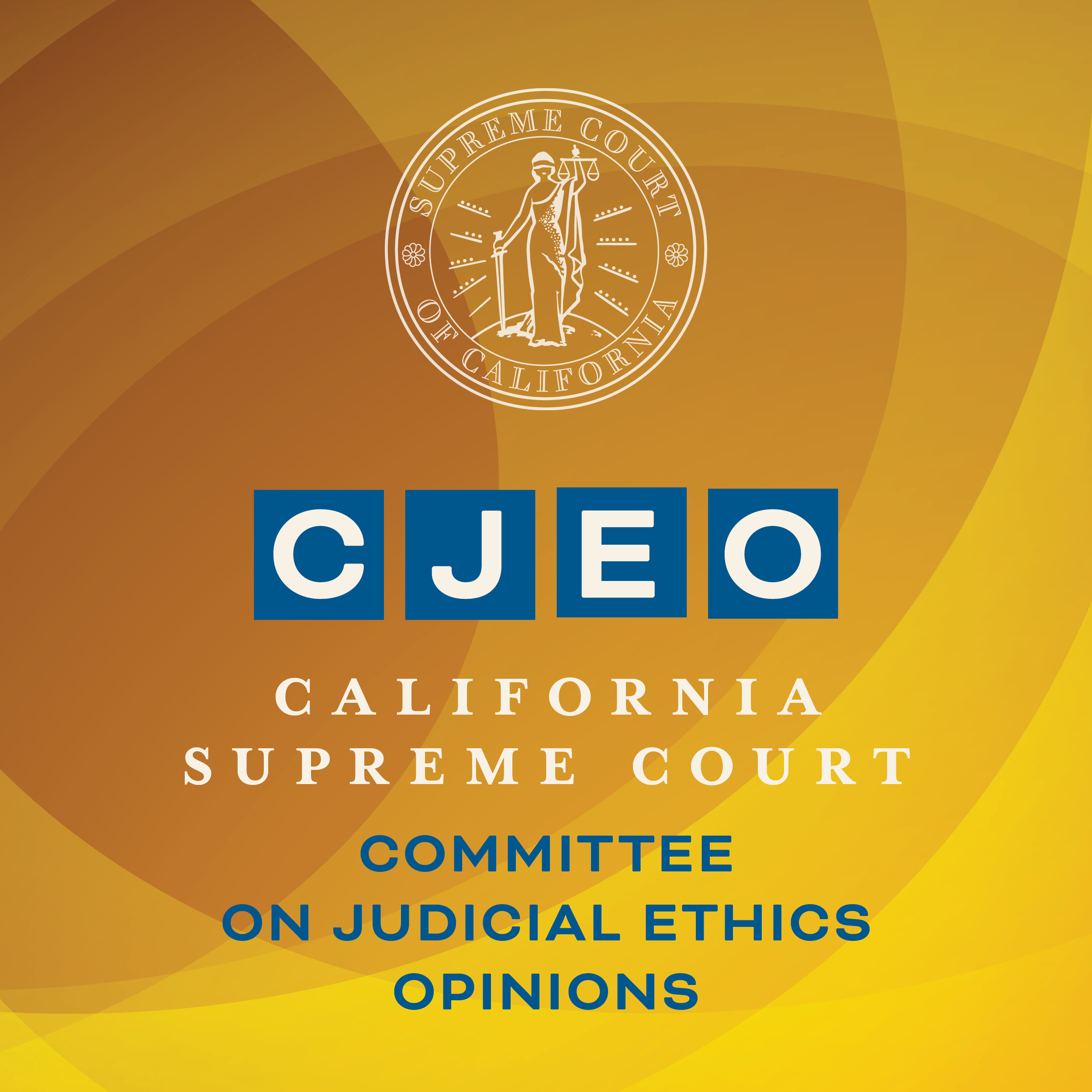Ethics Committee Seeks Public Comment: Can Judges Provide Feedback to Attorneys on Courtroom Performance?
The Supreme Court Committee on Judicial Ethics Opinions (CJEO) invites public comment on a draft formal opinion advising judges on ethical considerations when providing feedback to attorneys on their courtroom performance.
In a draft advisory opinion posted on the committee’s website, the committee concludes that the Code of Judicial Ethics does not prohibit providing feedback on courtroom performance when requested by attorneys or their supervisors; however, judges must keep in mind several canon restrictions and exercise caution when doing so.
In CJEO Draft Formal Opinion 2021-018, the committee advises that judges choosing to provide feedback on courtroom performance may not:
- engage in prohibited ex parte communications;
- make a public comment on a pending proceeding or nonpublic comment that may interfere with a fair trial or hearing;
- create an appearance of favor or bias;
- suggest that anyone is in a special position to influence the judicial officer; or
- engage in coaching by advising on tactics or strategies that give one side an advantage in litigation or by providing legal advice.
In practice, the committee explains, this means refraining from commenting on pending matters until final resolution of possible appeals. The committee also advises judges who choose to provide feedback to ensure the feedback is neutral and to make themselves equally available to attorneys representing various interests or viewpoints. Finally, the committee cautions judges against providing feedback in the context of performance evaluations and against “coaching,” which is conduct that gives certain attorneys an inside advantage.
Posting this draft opinion for comment provides the bench
and the public an opportunity to weigh in on whether and how judges may ethically provide individualized feedback to attorneys seeking guidance on their courtroom performance. The committee is looking forward to a robust discussion on this long-standing question,” said committee member Justice Judith Haller of the Fourth District Court of Appeal.
The committee’s invitation to comment is posted on CJEO’s website. Comments are due by Nov. 17 and may be submitted by CJEO's online comment form, by email to Judicial.Ethics@jud.ca.gov, or by mail to:
The Supreme Court of California Committee on Judicial Ethics Opinions
350 McAllister Street
San Francisco, California 94102
All comments submitted to CJEO may be posted on CJEO’s website for public review unless clearly marked as confidential.
About the Committee on Judicial Ethics Opinions (CJEO)
The Committee on Judicial Ethics Opinions is a 12-member advisory committee that includes appellate justices, trial court judges, a retired judge, and a commissioner. The committee is appointed and authorized by the California Supreme Court, but its work is independent of the court, the Judicial Council, and all other entities. Its opinions are advisory and do not necessarily reflect the views of the California Supreme Court or any other entity.
The committee issues formal, informal, and expedited advisory opinions on proper judicial conduct pursuant to the California Code of Judicial Ethics and other authorities. CJEO posts its opinions on the CJEO website for the benefit of the bench and the public.


